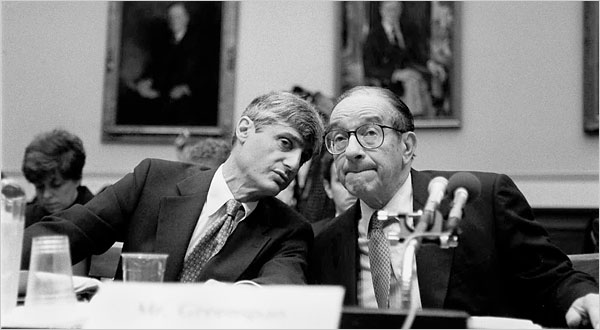Sophisticated behavioral economics experiment reveals elites prefer policies that benefit elites

Internet-required snark aside, this is actually a very clever study. Two of the authors describe the results in Slate:
Elite Americans are not just middle-class people with more money. They display distinctive attitudes on basic moral and political questions concerning economic justice. Simply put, the rich place a much lower value on equality than the rest. What’s more, this lack of concern about inequality among the elite is not a partisan matter. Even when they self-identify as progressive Democrats, elite Americans value equality less highly than their middle-class compatriots.
This finding has profound implications for public policy. Contemporary American politics presents an enduring mystery. Why does the public policy response to nearly five decades of rising economic inequality remain so tepid, even as large majorities of Americans consider inequality excessive, and even under a two-term Democratic president? Our study, published Thursday in the journal Science, co-authored with colleagues Pamela Jakiela and Shachar Kariv, proposes an answer: Regardless of party, the elite donors whose money dominates politics, and the elite officeholders whose decisions set policy, don’t value economic equality. When the American government abjures egalitarian policies, it is implementing the bipartisan preferences of the American elite.
The study used a variation of the dictator game, which measured both the basic selfishness and the efficiency maximizing preferences of a hyper-elite (Yale law students), and an intermediate elite (Berkeley undergraduates), against a baseline of the American population as a whole.
The experimental behaviors of these three subject classes—once again, making real allocations with real money—revealed stark differences between attitudes toward economic justice among ordinary Americans and among the elite. To begin with, the Berkeley and Yale subjects were twice as likely to be selfish as their compatriots in general. In this respect, intermediate and extreme elites stand together with each other, and stand apart from the rest of the country.
What’s more, elite Americans show a far greater commitment to efficiency over equality than ordinary Americans. And this time, the bias toward efficiency increases with each increment of eliteness. The ALP subjects split roughly evenly between focusing on efficiency and focusing on equality; the Berkeley students favored efficiency over equality by a factor of roughly 3-to-2; and the Yale Law students favored efficiency by a factor of 4-to-1.
Yale Law students’ overwhelming, indeed almost eccentric, commitment to efficiency over equality is all the more astonishing given that the students self-identified as Democrats rather than Republicans—and thus sided with the party that claims to represent economic equality in partisan politics—by a factor of more than 10-to-1. An elite constituted by highly partisan Democrats thus showed an immensely greater commitment to efficiency over equality than the bipartisan population at large.
The authors suggest these findings help explain why drastic increases in wealth inequality in America over the course of the last generation have generated such a tepid political response. Elite preferences have a vastly disproportional effect on political action than the preferences of the population as a whole, and what elites prefer is to grab ever-larger slices of the economic pie. That a lot of these people believe themselves to be deeply committed to egalitarian social policies would not, I suspect, surprise either Karl or Groucho Marx.
On a more parochial but all the more amusing note, Jeff Harrison suggests these findings help explain why so many law professors are such awful people (law professors being essentially Yale law students on steroids, or less metaphorically, Adderall):
Look at the law schools most law professors attended and you know the reason law schools are bastions of greed, self-promotion, self-interest, bogus conferences that are vacations, misleading resumes, demands to teach vanity courses, demands for special treatment including two day teaching schedules, truncated semesters, and extra pay for just doing the job.
It was never a mystery to anyone who thought about it but law school hiring committees fish only in the ponds of the greedy and hypocritical.


